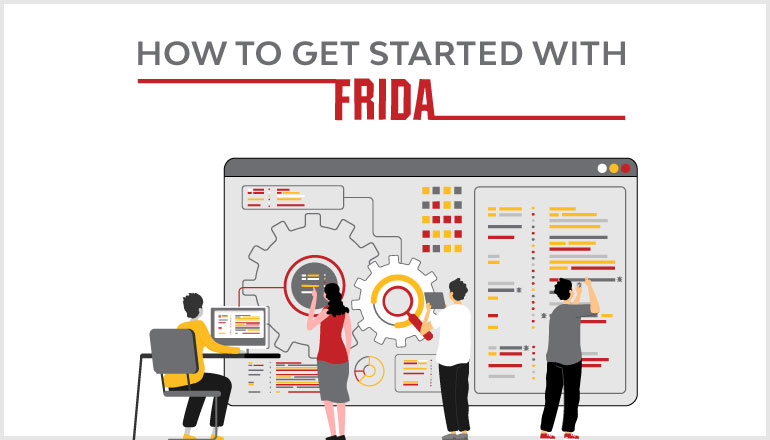By Joyce Mukucha
As the rest of the world is joining hands in solidarity to end gender-based violence (GBV) against women and girls during the 16 Days of Activism, the Young Feminist Fund (FRIDA) believes that the safety of communities must be a priority as it arrives at co-creation of digital feminist features. FRIDA is therefore underscoring the importance of digital security and literacy to young feminists in the resilience and sustainability of their activism.
These resources cover topics such as the basic internet infrastructure, safe sexting, safe messaging apps, digital care for your devices, and eye care.
“If young feminists can safely organize online, then they can continue to carry out the essential role they play in their communities. So we have created a set of digital security tools for young feminist organizers.
“Lockdowns and social isolation all over the world this year have meant that digital tools and platforms have become even more necessary to young feminists organizing in the shadow of the pandemic,” said FRIDA.
The organisation is focusing on gender equality in COVID-19 response as it fights an unprecedented rise of violence against women and girls simultaneously which saw an increase in the dependency on the internet to facilitate critical spaces of connection, advocacy, and resistance and, with this, an inevitable increase in vulnerability to digital violence, attacks, and surveillance.
In a statement issued by FRIDA on this year’s commemorations of the 16 Days Campaign, it has been indicated that there are spotlights of Informal Women Workers who have been acutely impacted by the Coronavirus pandemic.
“As we commemorate the Day of Elimination of Violence Against Women and Girls and the beginning of the 16 Days of Activism Against Gender-Based Violence, it is crucial to support and prepare activists on the ground with useful tools. FRIDA has been developing a series of resources that can support young feminists organizers during this period in accordance with our Principles to Guide Data and Technology,” the statement reads.
Around the globe, young feminist environmental activists and land defenders in Colombia, Niger, Indonesia, and the Philippines, many of whom are informal workers, are facing increased surveillance and intimidation protocols.
“The reality is that threats to young feminists’ security will only get worse as capitalism and corporate power are strengthened by fundamentalist governments.”
In developing the resources, FRIDA took into account the conditions that activists in rural areas often face when using mobile platforms to communicate, as well as the need for accessible information in friendly formats that can be disseminated via email or chats. The content of these resources references the work of cyber- hack-trans feminists collectives and digital rights organizations.
“In developing these resources, we kept in mind that as the climate crisis deepens and environmental degradation advances, more young people are rising up to defend their territories as well as the threat they pose to the systems of power that are behind this crisis.
“Thus, we focused on curating content that prioritizes and ensures digital safety to support environmental and social young defenders. FRIDA recognises the importance of resourcing and supporting climate and environmental justice led by young women and queer youth in the Global South.”
The next decade, FRIDA said, will be crucial for radical climate action, thus the sustainability of these movements should be a top priority for international human rights funders.
“Stay tuned for more resources in 2020! As we deepen our connection into how the fight for open-sourced, hack feminist, anti-patriarchal internet and digital technologies are interconnected with ecological sovereignty, and the freedom of our bodies-territories.”






